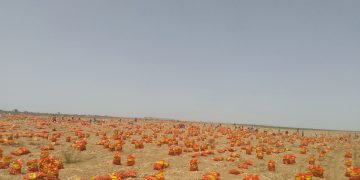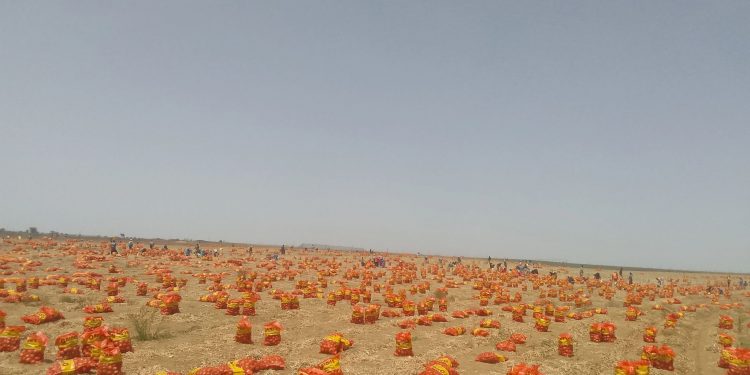Collaborative Efforts towards Sustainable Agriculture and Self-Sufficiency
In recent years, Senegal has been actively promoting agroecological practices to achieve food security and self-sufficiency. Spearheaded by various stakeholders including farmers, agronomists, entrepreneurs in the vegetable industry, managers of plant protection products, fertilizer producers, researchers, and food industry specialists, these efforts underscore the importance of sustainable agriculture in meeting the nation’s food demands.
The journey towards agroecological transition in Senegal has been characterized by collaborative endeavors aimed at fostering resilience in the agricultural sector. Through initiatives focused on sustainable farming techniques, resource optimization, and environmental conservation, stakeholders are striving to create a robust and self-reliant food system.
Farmers in Senegal are at the forefront of this movement, embracing agroecological principles to enhance productivity while minimizing environmental impact. By integrating practices such as crop rotation, intercropping, and organic fertilization, they are not only improving soil health but also reducing reliance on synthetic inputs.
Agronomists and agricultural extension workers play a crucial role in disseminating knowledge and providing technical support to farmers. Through training programs and advisory services, they facilitate the adoption of innovative techniques and help farmers navigate challenges related to pests, diseases, and climate variability.
Entrepreneurs in the vegetable industry are driving innovation by investing in sustainable farming practices and value-added processing. By promoting local production and consumption, they contribute to economic development while ensuring food sovereignty for Senegal.
Managers of plant protection products are increasingly emphasizing the use of biopesticides and integrated pest management strategies to minimize chemical residues and protect biodiversity. Their efforts align with global trends towards environmentally friendly solutions for crop protection.
Fertilizer producers are exploring organic and bio-based alternatives to traditional fertilizers, promoting balanced nutrient management and soil fertility enhancement. By offering customized products tailored to local soil conditions, they support sustainable intensification of agriculture in Senegal.
Researchers and scientists are engaged in interdisciplinary studies to address emerging challenges and harness opportunities in the agricultural sector. Their work spans agronomy, soil science, plant breeding, and post-harvest technology, contributing valuable insights to inform evidence-based decision-making.
Specialists in the food industry are committed to promoting food safety, quality, and nutritional value through value chain interventions. By strengthening linkages between producers, processors, and consumers, they foster a holistic approach to food security and dietary diversity.
In conclusion, the collaborative efforts to promote agroecological transition in Senegal represent a paradigm shift towards sustainable agriculture and self-sufficiency. By harnessing the collective expertise and resources of diverse stakeholders, the nation is paving the way for a resilient and prosperous future.
































